People
Faculty

Pinned content, custom sorted.
Drew Kitchen, PhD
Title/Position
Departmental Executive Officer (Chair)
Collegiate Scholar (2025-2027)
Professor
Drew Kitchen is DEO and an associate professor in the Department of Anthropology at the University of Iowa.

Margaret Beck, PhD
Title/Position
Director of Graduate Studies
Professor
Margaret Beck is a professor in the Department of Anthropology at University of Iowa.
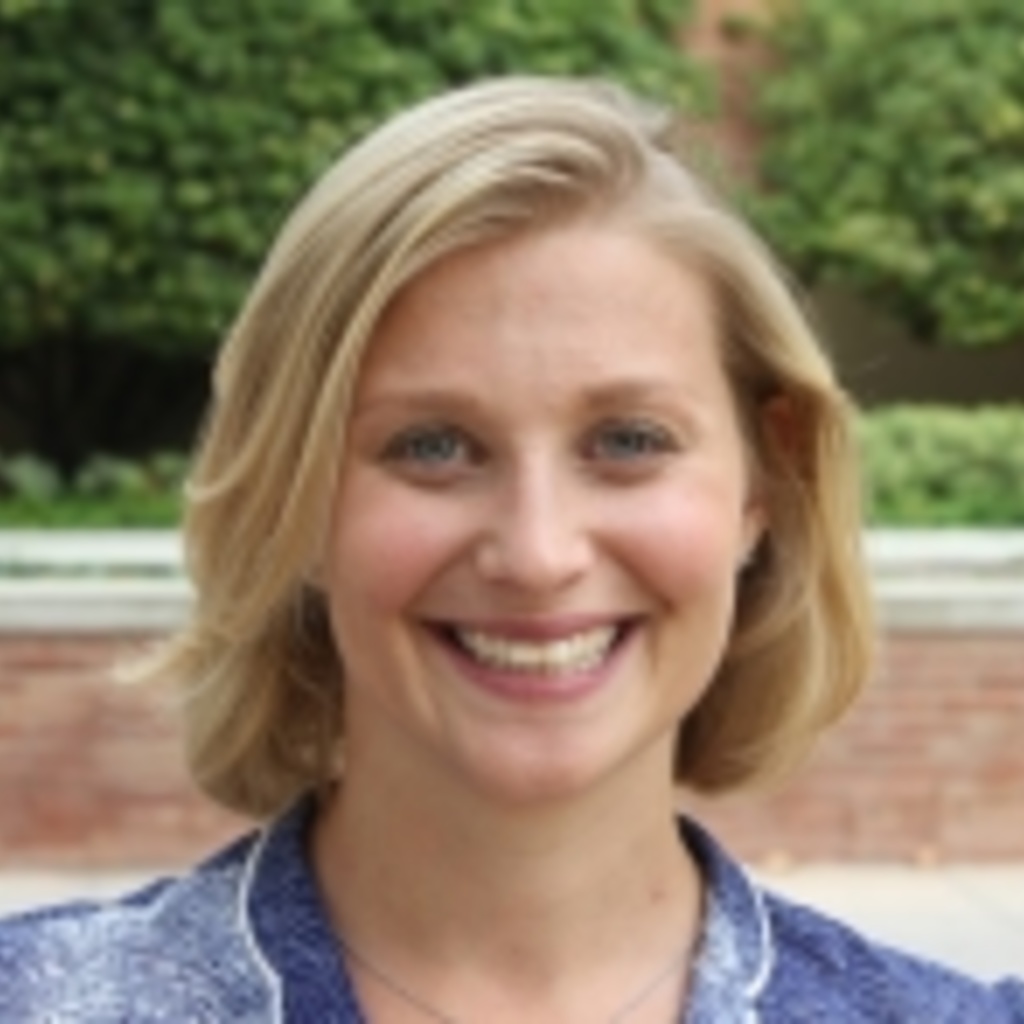
Elana Buch, PhD
Title/Position
Associate Professor
Elana Buch is an associate professor in the Department of Anthropology at the University of Iowa.
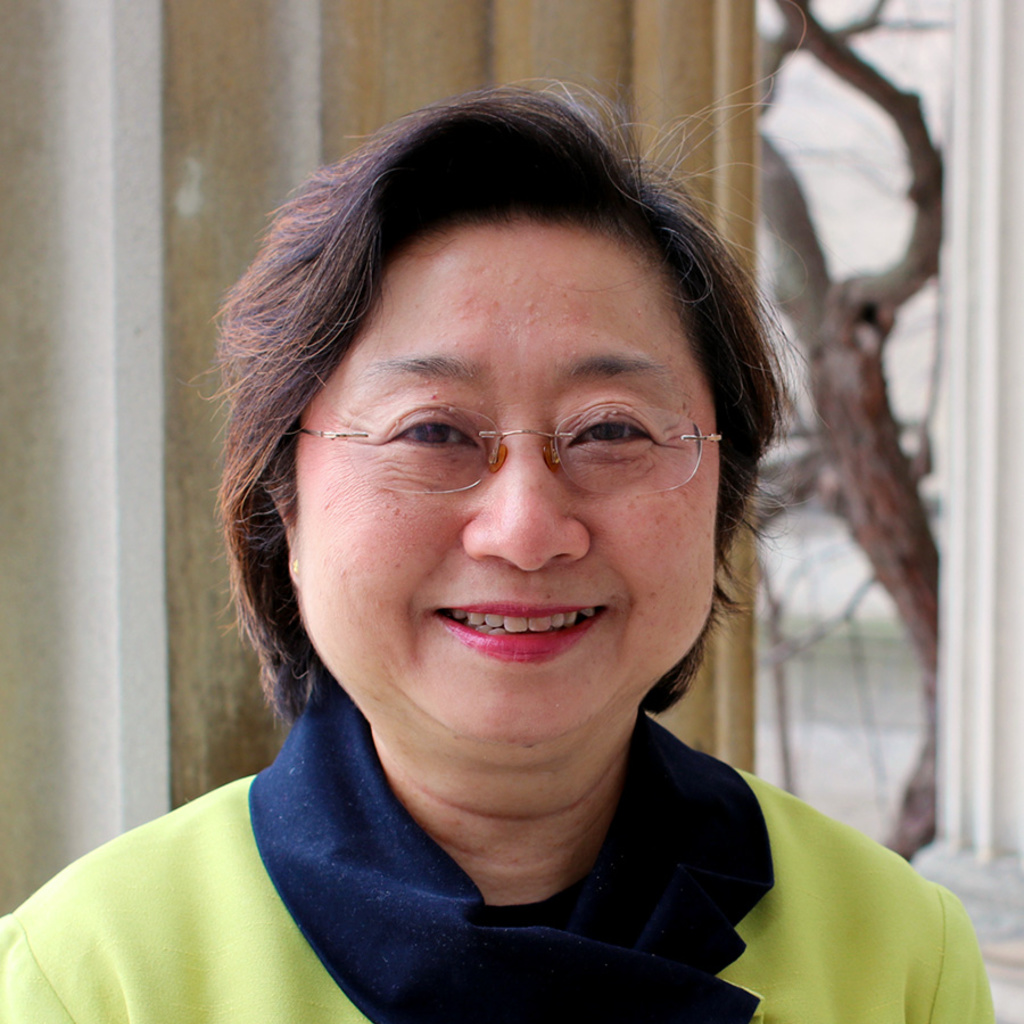
Cynthia Chou, PhD
Title/Position
C. Maxwell & Elizabeth M. Stanley Family Chair of Asian Studies
Professor
Cynthia Chou is a socio-cultural anthropologist with teaching and research interest across all Southeast Asia. Her specific area of expertise is the Malay World.
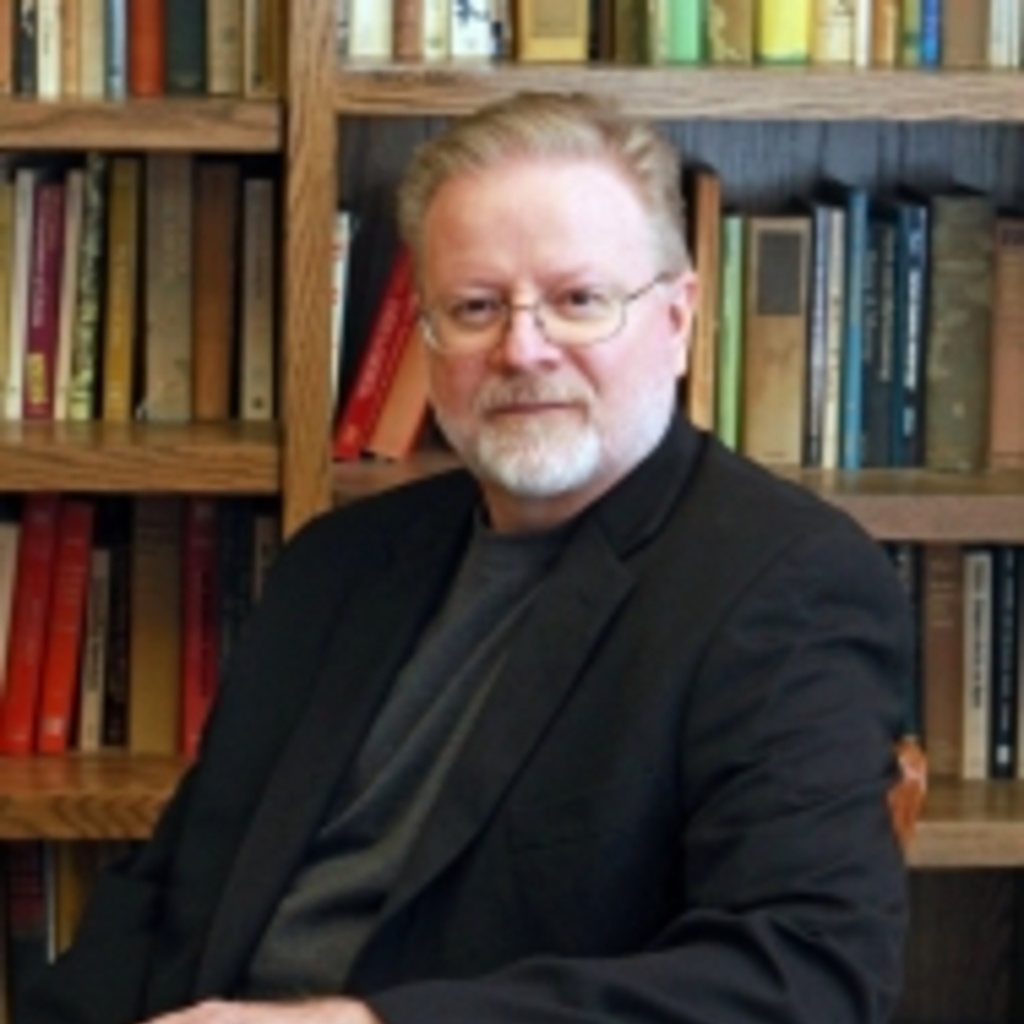
Robert Franciscus, PhD
Title/Position
Professor
Robert Franciscus is a professor in the Department of Anthropology at the University of Iowa.
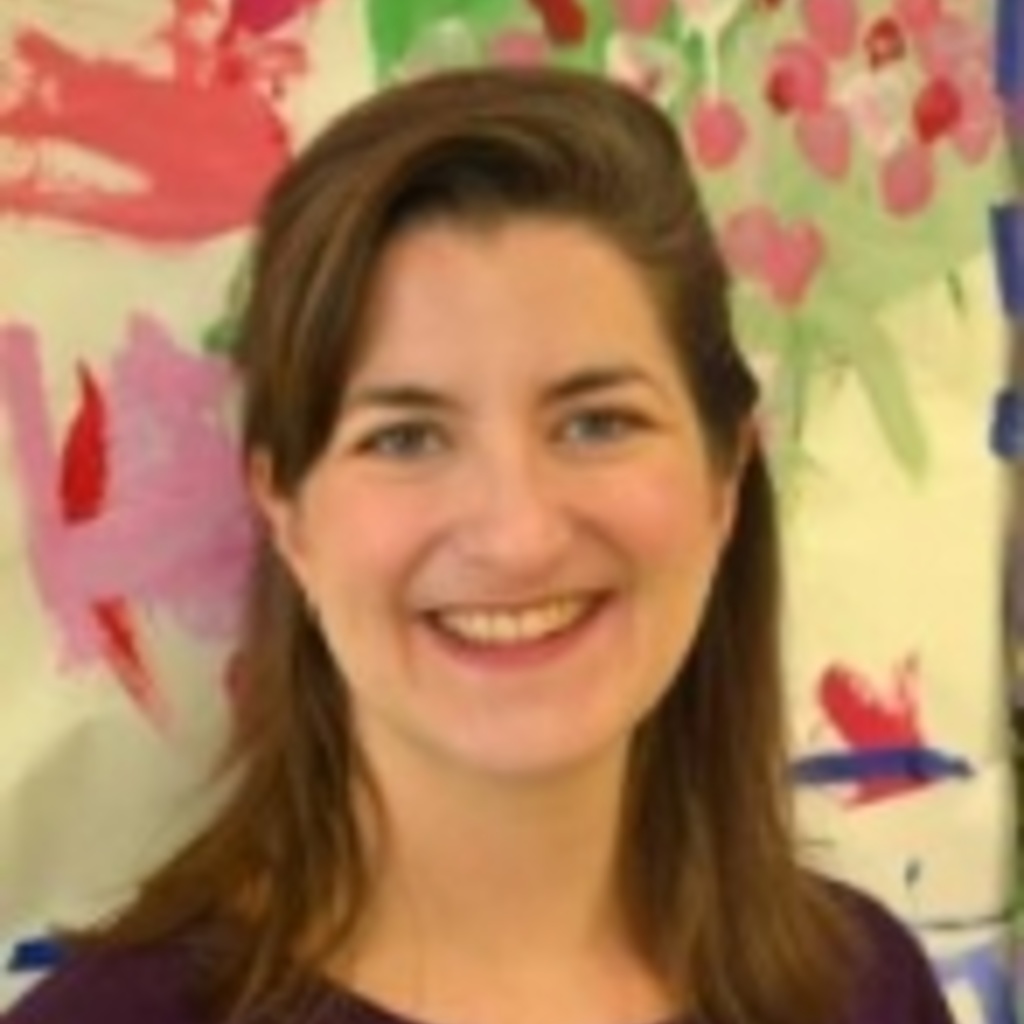
Brady G'sell, PhD
Title/Position
Associate Professor
Brady G'sell is an assistant professor in the Department of Anthropology at the University of Iowa.

Matthew E. Hill, PhD
Title/Position
Director of Undergraduate Studies
Collegiate Scholar (2024-2026)
Professor
Matthew E. Hill is a professor and the Undergraduate Director in the Department of Anthropology at University of Iowa.
Meena Khandelwal, PhD
Title/Position
Professor
Meena Khandelwal is an associate professor in the Department of Anthropology at the University of Iowa.
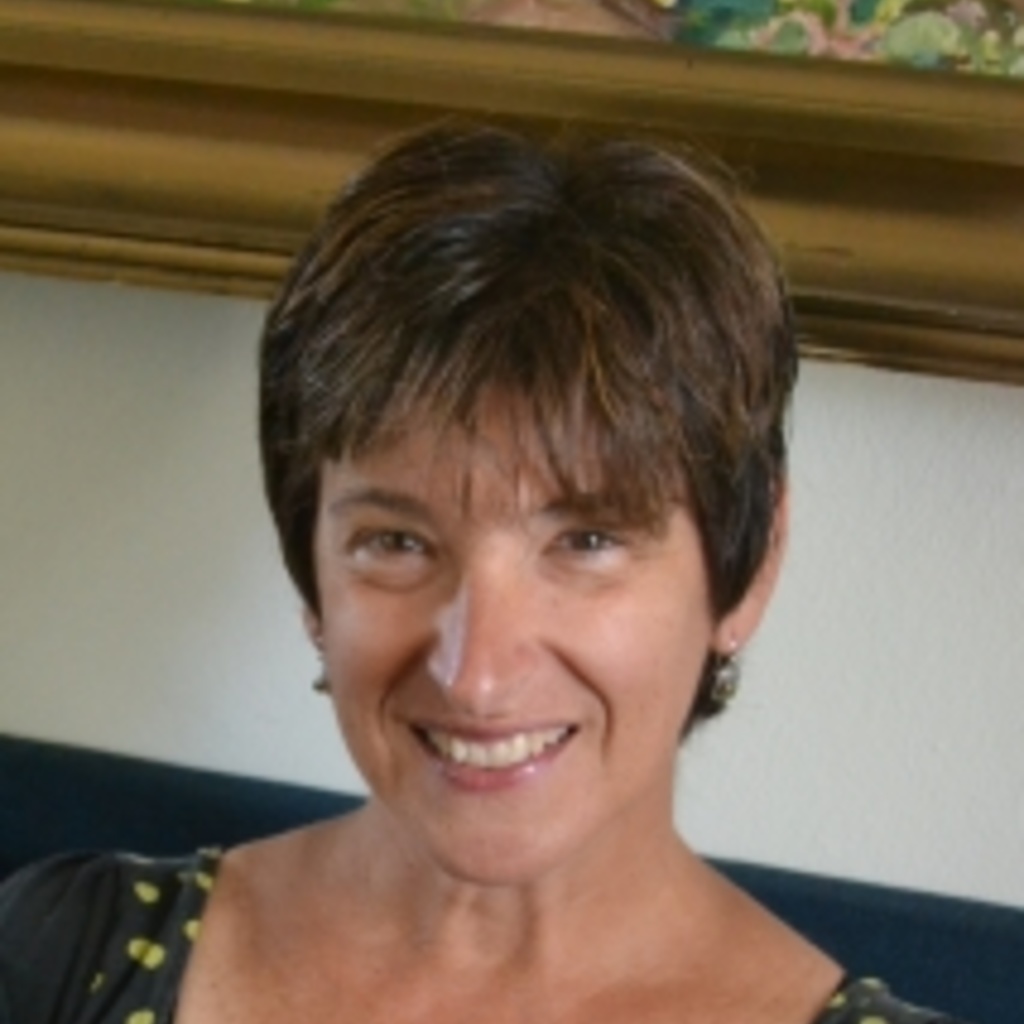
Katina Lillios, PhD
Title/Position
Professor
Katina Lillios is a professor in the Department of Anthropology at the University of Iowa.

Waltraud Maierhofer, PhD
Title/Position
Professor, Global Health Studies
Professor, German
Learn more about Waltraud Maierhofer, a professor at the University of Iowa.

Kristine Muñoz, PhD
Title/Position
Global Health Studies Director
Professor, Spanish & Portuguese
Professor, Communication Studies
Learn more about Kristine Muñoz, a professor at the University of Iowa.
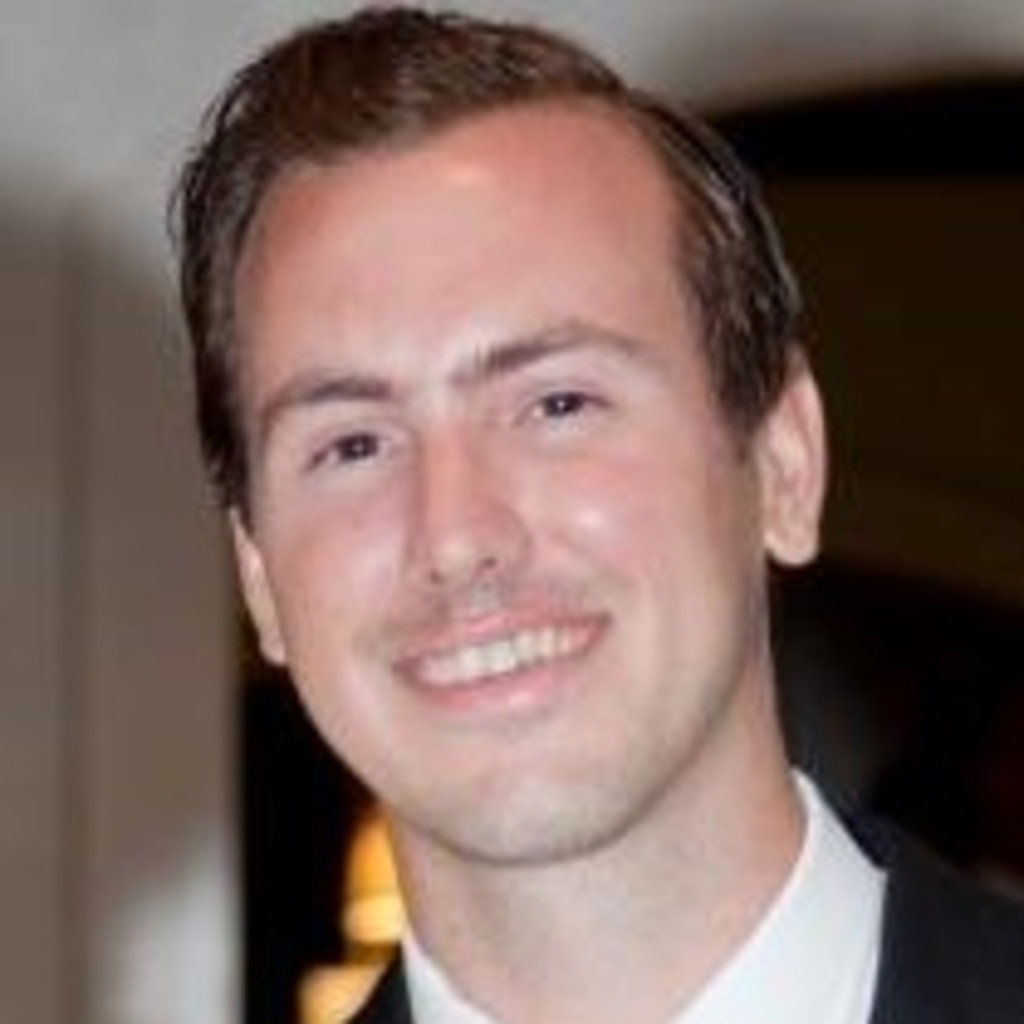
Ted Powers, PhD
Title/Position
Associate Professor
Ted Powers is an associate professor in the Department of Anthropology at the University of Iowa.
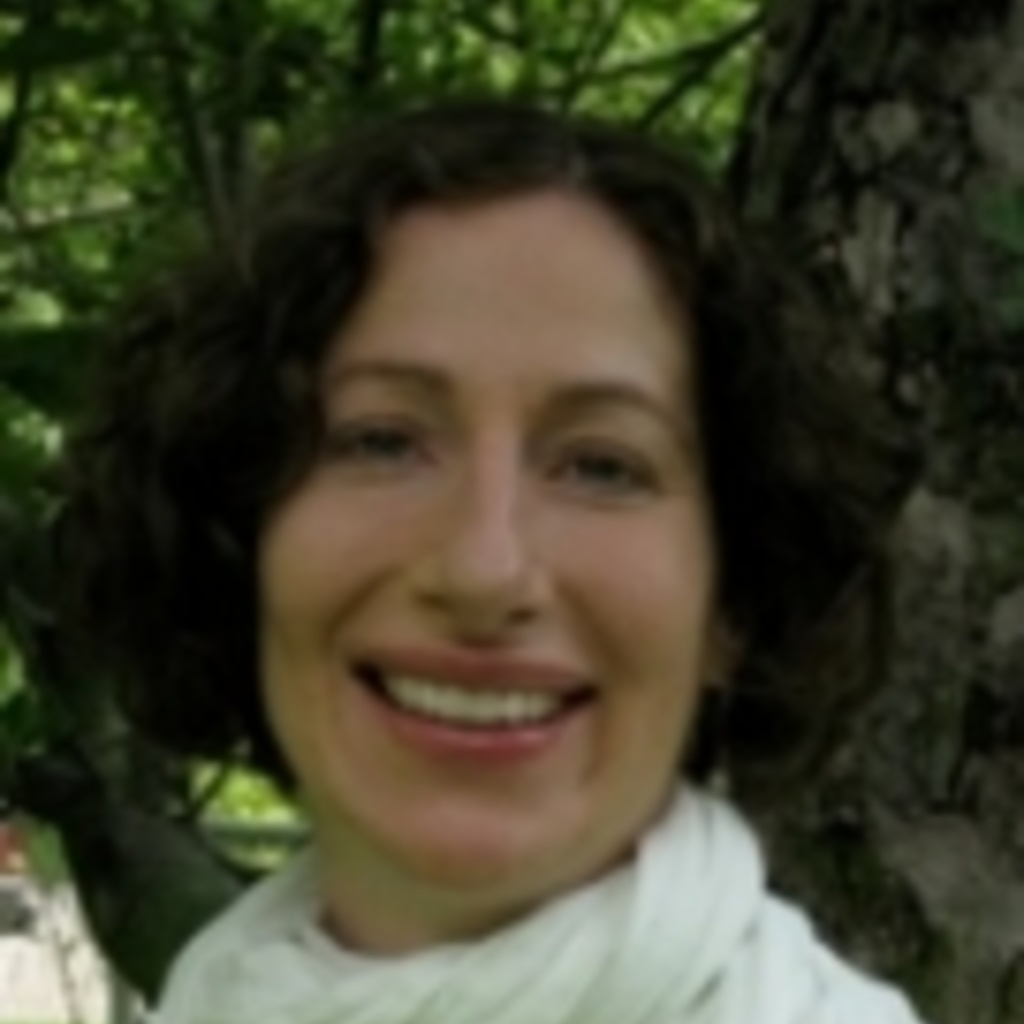
Erica Prussing, PhD
Title/Position
Associate Professor
Erica Prussing is an associate professor in the Department of Anthropology at the University of Iowa.
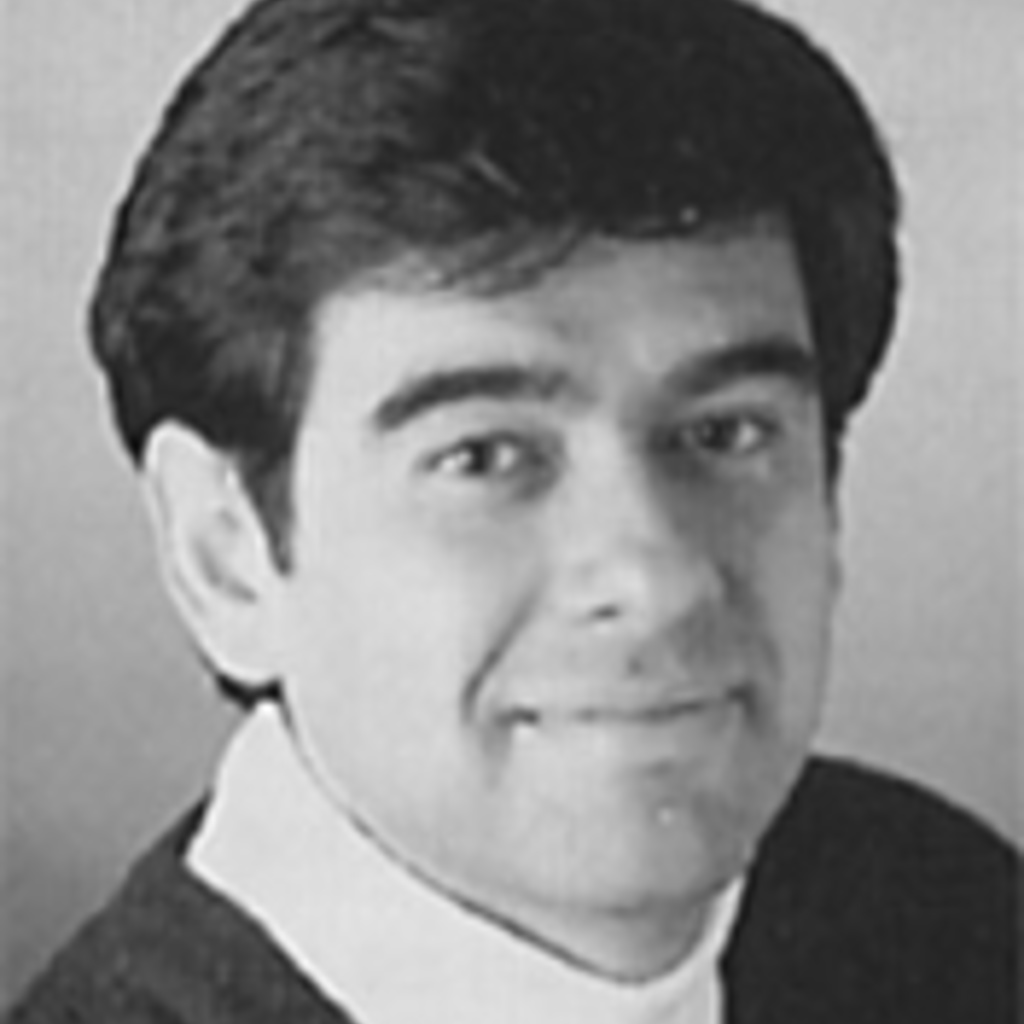
Glenn Storey, PhD
Title/Position
Associate Professor
Glenn Storey is an associate professor in the Department of Anthropology at the University of Iowa.